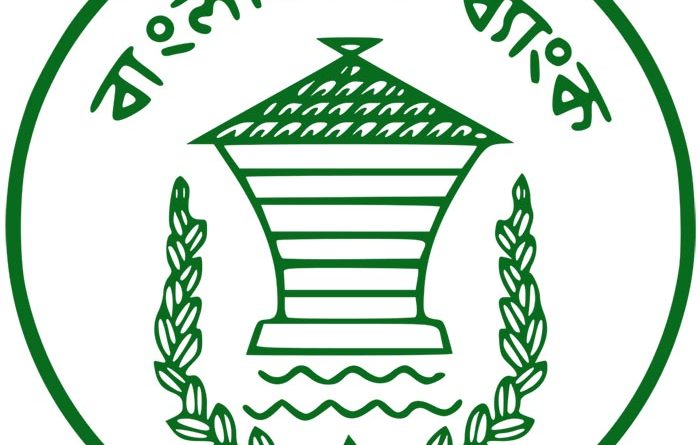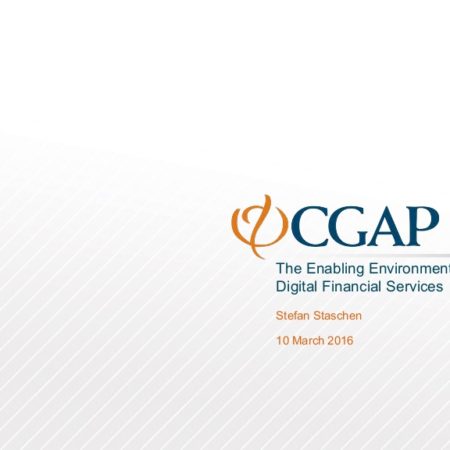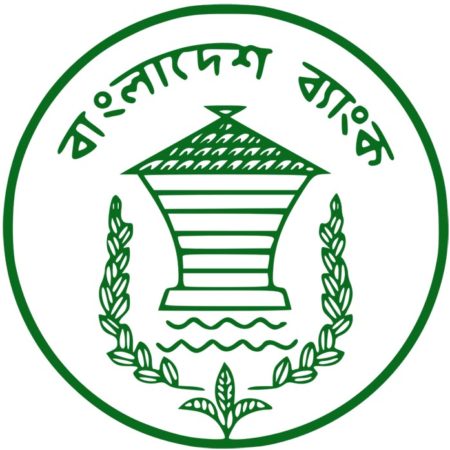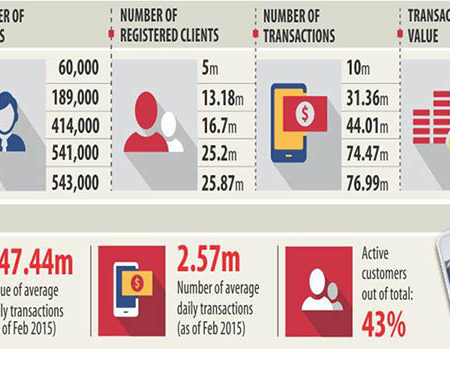What to regulate and how much – Bangladesh based regulator’s experience
Bangladesh Bank, Insurance Development and Regulatory Authority (IDRA), Bangladesh Security Exchange Commission (BSEC), Microcredit Regulatory Authority (MRA) are the regulatory authorities designed to regulate the overall financial system, insurance industry, capital market and micro-finance institutions respectively. These organizations were formed according to the statute and the workforce is capable but one may and should question their regulation endeavors.
Being the central bank and the guardian of Bangladeshi economy, Bangladesh Bank needs to prioritize and take intervention initiatives since at times market fails to generate the greater level of social welfare. From that perspective perhaps prioritizing the agricultural sector, SME, renewable energy sector, women entrepreneurs is a benevolent activity but forcing the commercial banks to allocate a fixed portion of loan to these sectors is certainly an offense. In a competitive business environment and more importantly in the presence of government owned specialized banks for prioritizing some lagging economic sectors – a moral persuasion would have been a better approach. Certainly being the guardian of the economy Bangladesh Bank, can put emphasis of commercial bank’s CSR activities but in a liberalized, market based financial system forcing should be the last option. Financial inclusion (a priority) is important but it should not have come at the cost of inefficiency. In a LDC country, politics is expected to clutter business modules, but still too many licenses have already been distributed to the banks and insurance companies that will destroy the competitive space and squeeze the industry profit thereby inducing distortions. Perhaps free floating currently is the best possible solution but had it been a good solution for Bangladesh based exporters and importers. Independency, transparency and accountability are the major pillars of central bank governance and both on internal and external governance aspect Bangladesh Bank will score very few.
Much like Bangladesh Bank, other regulator of Bangladesh financial system namely IDRA, BSEC, MRA are trying to enhance the level of transparency, accountability and efficiency in the financial system but at times they are forgetting their scopes of regulation. Ensuring good corporate governance in the micro-finance corporation is a regulatory affair, politicizing the career of micro-finance institution’s director is far from regulatory affair, way too much engrossing. Persuasion to reduce the commission of general insurance practice is a regulatory affair but banning the commissions for the insurance agents is something not beneath the scope of a regulator in a free market economy. Reinsurance which should have been the choice of an insurer has been fixed up for the government insurance agencies. Security exchange commission’s initiatives had always been reactive and centered towards providing an emergent solution to the stock market problem. No regulators have taken any initiaves to eliminate the fundamental rigidities mentioned earlier.
Efficient regulations should understand two basic paradigms – comprehensiveness and counter-cyclicality. So, market regulators should try to regulate up to a level whereby there remains no opportunity left for regulation arbitrage. Too rigid and too complicated regulations may transform the business module a bit structured and risk-free but these benefits eventually cutoff the competitiveness and adaptability. So, the challenge for today’s financial system reformers is to find out the comfort zone.
Blog Writer: Hussain Ahmed Enamul Huda












Leave a Reply